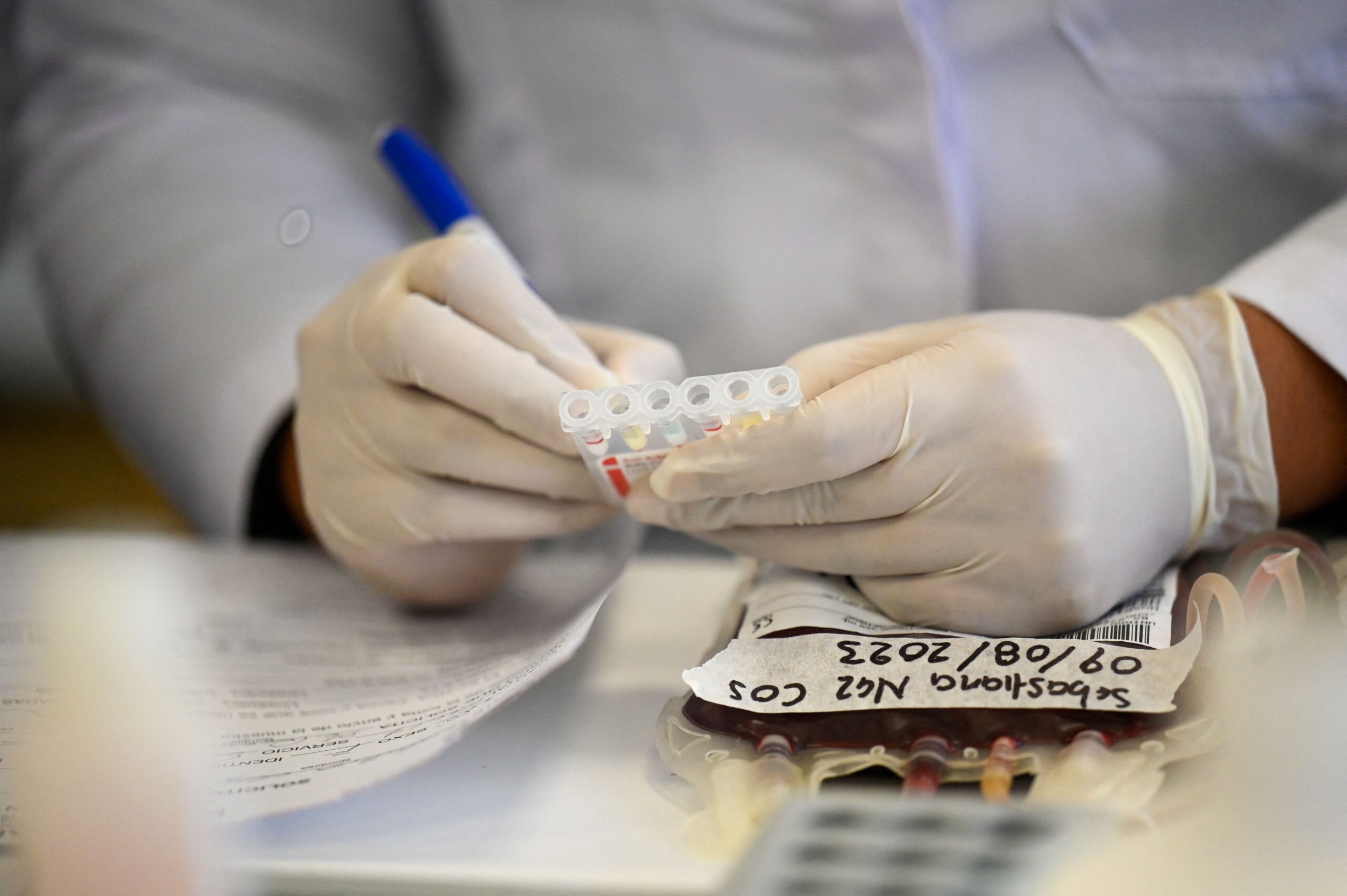While our entire body continually ages, the aging process is not necessarily synchronized. Some organs may age more or less quickly than others.
The aging of organs depends on various factors. For example, those with a greater weight in the metabolism, such as the heart, liver or kidneys, are exposed to greater loads and could age faster.
In well-irrigated organs, the process could be slower, since good blood circulation favors their supply of nutrients and oxygen, while eliminating toxins. Illnesses or infections can, however, accelerate aging.
Environmental factors also influence this process, for example, when the skin is exposed to ultraviolet radiation or the lungs to smoke and air pollution. Apart from genetics, regenerative capacity also plays a key role.
Simple and cheap method
To determine the real age of the organs, complex tissue tests were required until now. Researchers at Stanford University have now developed a simple and inexpensive blood test that can establish the effective age of various organs such as the heart, kidneys, brain, lungs and liver, based on certain groups of proteins in the blood.
But does it help to know that my brain or my kidneys are already quite old? Yes, and a lot! Because then preventive therapies can be developed long before organ weakness causes major problems.
In the case of a very aged brain, for example, the risk of dementia increases. An aging kidney increases the risk of diabetes and high blood pressure. And a very old heart is much more likely to fail.
Detecting risks
The new blood test analyzes specific proteins from the various organs in the bloodstream. Using a special algorithm, the age of the person and his 11 main organs are then determined.
By evaluating data from 5,676 adults of different age ranges, the researchers discovered that almost 20 percent had accelerated aging of some organ.
In addition, it was shown that accelerated aging of the organs carries a 20 to 50 percent higher risk of death. People with accelerated aging of the heart have a 250 times greater risk of heart failure. And accelerated aging of the brain and vascular system is responsible for the rapid progression of Alzheimer’s.
Possible therapies
If the problem is known, therapies can be applied. Medications that influence metabolism and dietary supplements such as antioxidants, which reduce cell damage, can delay aging.
Also in the field of regenerative medicine and stem cell therapies there are encouraging advances in terms of repairing or regenerating damaged tissues.
Through a precise analysis of various individual factors, personalized medicine can also be developed, which aims to meet the specific needs of a patient or an organ. Of course that is extremely expensive.
Additionally, there are already various anti-aging treatments, from those that use hormones to new technologies such as cryotherapy, to eliminate diseased tissue, or nanotechnology.
Beyond the above, a healthy lifestyle can also help slightly delay the aging process of the organs. And that works out much cheaper.
Keep reading:
· They discover that hypochondriacs die sooner than those who do not take care of their health
· Lack of sleep increases symptoms of depression and affects emotional well-being, new study reveals
· Couples also share illnesses, according to new study
